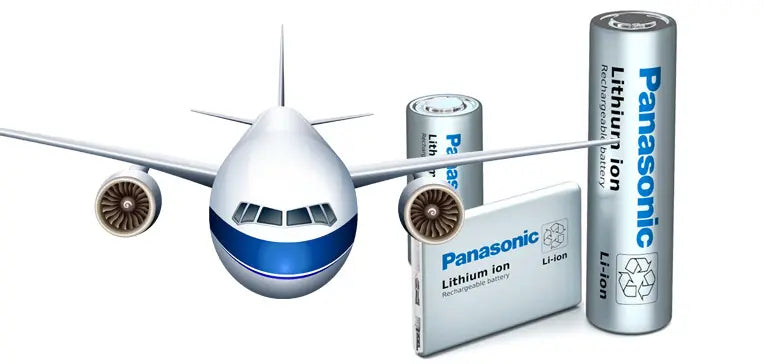
Airlines warned about electronics in checked bags.
As airlines flying into the United States adjust to new, tighter security rules designed to catch bombs or explosives hidden in electronic devices, the Department of Transportation is weighing in on the safest place in a plane for laptops, tablets and other devices powered by lithium-ion batteries.
It is not in the cargo hold, according to the FAA. The agency’s Office of Hazardous Materials Safety says portable electronic devices pose less of a fire threat when carried on-board instead of being packed into checked bags.
In a notice the agency issued earlier this week, the FAA said, “devices containing lithium metal or lithium ion batteries (laptops, smartphones, tablets, etc.) should be transported in carry-on baggage and not placed in checked baggage.”
The primary reason laptops are safer in the passenger cabin is because the flight crew or passengers at least have a chance to put out a fire if one is sparked by the batteries in an electronic device.
That conclusion is not an edict banning airlines from allowing passengers to put their electronics in checked bags.
In fact, the agency says if devices are packed in bags that will go in the cargo hold of flights, they “should be completely powered down to the OFF position (they should not be left in sleep mode), protected from accidental activation, and packed so they are protected from damage.”
The advisory backs up a complaint issued by many in the airline industry after the Department of Homeland Security issued tighter security rules for certain flights from the Middle East to the U.S. earlier this year. Those rules, which have since been modified, banned passengers from having electronic devices larger than a cell phone in their carry-on bags. At the time, Homeland Security was acting on intelligence that indicated terrorists may try to hide an explosive in an electronic device or use several devices to detonate a bomb.
As soon as that rule went into effect in March, safety advocates warned of the potential risk of lithium-ion batteries igniting in a checked bag and sparking a larger, uncontrollable fire in the cargo hold that could bring down a commercial airplane.
That concern prompted the Fire Safety Branch of the FAA to conduct tests looking at the potential hazards of putting laptop computers and other electronic devices in checked bags.
It’s conclusion was clear: large electronics are safer in the passenger cabin than in the cargo hold.
In late June, the U.S. modified its security protocol for all international flights, requiring enhanced security ranging from tighter screening to the use of new, more advanced, carry-on bag screeners that can more easily detect a potential bomb.
“It is time we raise the global baseline of aviation security,” said John Kelly, secretary of Homeland Security in announcing the tighter security rules.
Since then, several airlines say they have enhanced security and have announced the TSA has approved their procedures.
SOURCE – www.cnbc.com



